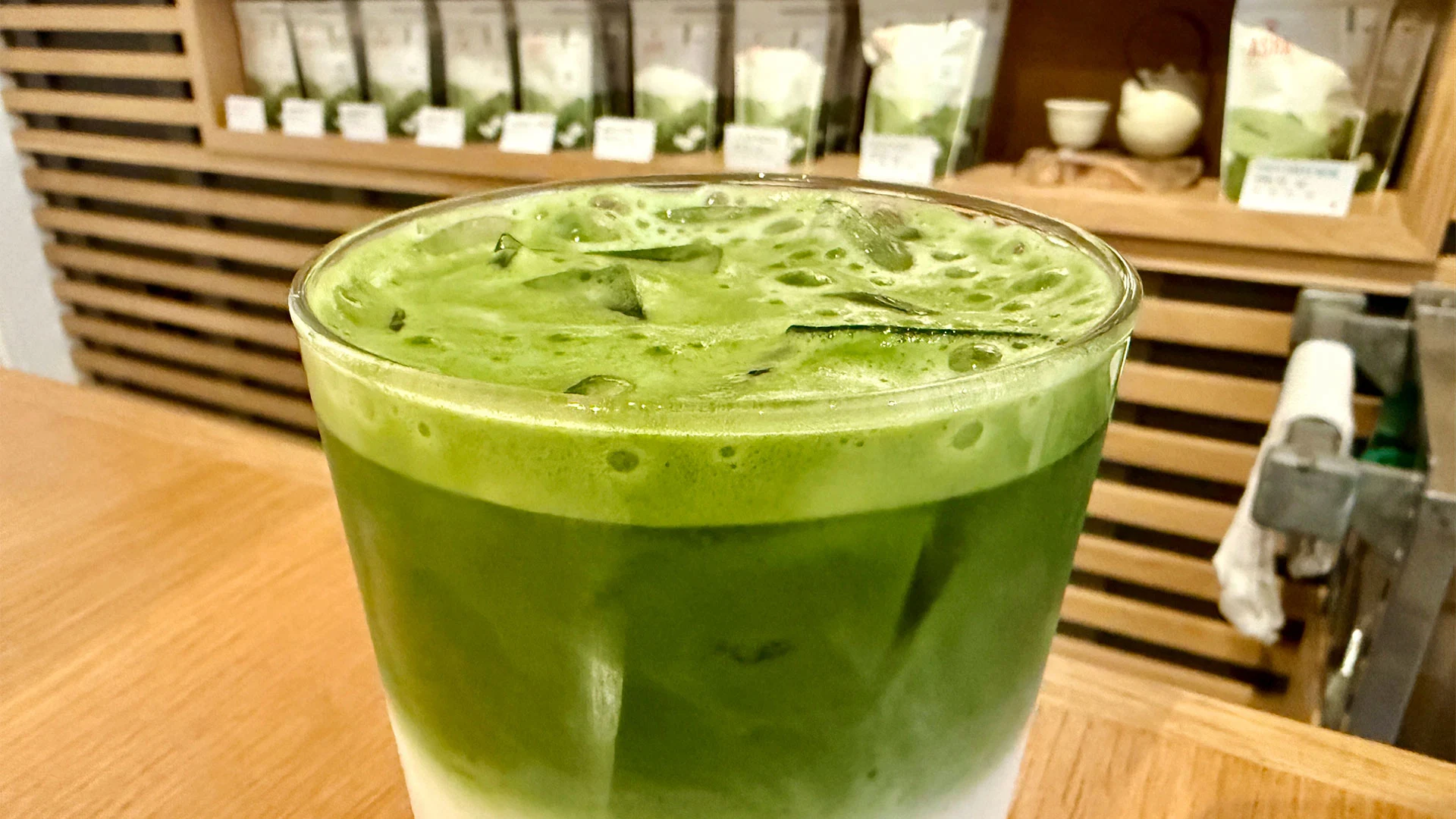
"The world's fondness for matcha is about to be tested by steep price increases.Global demand for the powdered tea has skyrocketed around the world, fueled by consumer interest in its health benefits and by the bright green matcha lattes bubbling up on social media. In the U.S., retail sales of matcha are up 86% from three years ago, according to NIQ, a market research firm."
"For Americans, there's the added impact of tariffs. Imports from China are currently subject to a 37.5% tariff, while the U.S. has a 15% tariff on imports from Japan. It's not clear if tea will be exempted from tariffs because it's a natural product that's not grown in significant quantities in the U.S. - an accommodation that the Trump administration has made for cork from the European Union."
"Aaron Vick, a senior tea buyer with California-based tea importer G.S. Haly, says he paid 75% more for the highest-grade 2025 crop of Japanese matcha, which will arrive in the U.S. later this fall. He expects lower grades of matcha to cost 30% to 50% more. Chinese matcha - while generally cheaper than Japanese matcha - is also getting more expensive because of high demand, he said."
Global matcha demand has surged, with U.S. retail sales rising 86% over three years and social-media popularity boosting consumption. Supply constraints and rising costs are pressuring prices: poor weather reduced Japan's harvest, while labor shortages and strong demand have raised prices in China. U.S. import tariffs add further cost, with a 37.5% tariff on Chinese imports and a 15% tariff on Japanese imports and uncertainty about exemptions. Importers report sharply higher costs, including a 75% increase for top-grade 2025 Japanese matcha and projected 30–50% increases for lower grades. Matcha production remains precise and labor-intensive.
Read at Fast Company
Unable to calculate read time
Collection
[
|
...
]